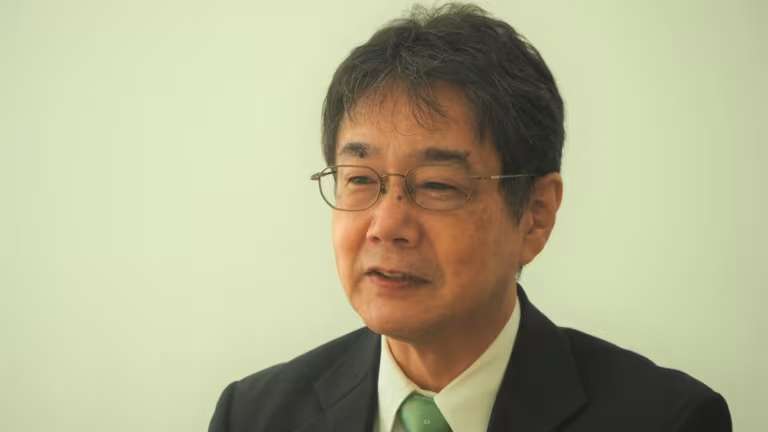AI Demand Remains Strong, Tokyo Electron Expects Doubled Sales Next Year
Tokyo Electron expects AI-related sales to grow by about 150% this fiscal year, reaching 690 billion yen. The company's CFO stated that there are no signs of weakening AI demand, as clients are placing orders "one after another."
Japan's leading semiconductor manufacturing equipment manufacturer Tokyo Electron anticipates that AI-related sales will grow by about 150% this fiscal year, reaching 690 billion yen. Despite some investors expressing concerns about the outlook for AI chips, demand is expected to further increase next year.
According to Tokyo Electron's CFO Hiroshi Kawamoto, the company believes this growth trend will continue and forecasts that by the fiscal year ending March 2025, AI-related technologies will account for 30% of the company's projected total sales of 2.3 trillion yen, up from 15% the previous year.
In August, global semiconductor stocks were sold off due to setbacks in high growth expectations for AI chips, with Tokyo Electron's stock price falling about 40% from its historic high in April. However, Kawamoto pointed out that clients continue to make AI investment requests, indicating strong market demand.
Due to strong AI investment, Tokyo Electron raised its profit forecast for this fiscal year, expecting total net sales to reach 2.3 trillion yen, a year-on-year increase of 26%; net profit is expected to grow by 31% to 478 billion yen, both figures setting new records for the company.
In the logic chip sector, Kawamoto noted that some chip manufacturers are reassessing their investment plans, leading to slightly weaker sales. Tokyo Electron's customer base is diversified, including some clients in difficult situations and others that focus more on memory than logic. Meanwhile, some clients performing strongly in the AI sector are also increasing their orders.

In the quarter from April to June this year, Tokyo Electron's NAND-related sales accounted for only 2% of its total sales, but this ratio is expected to rise to 10% in the second half of this fiscal year. Kawamoto expects that by 2025, some non-AI clients will resume investment, and NAND flash-related investments are also expected to rebound in the first quarter of next year.
Despite geopolitical resistance, Tokyo Electron's sales to China remain strong, accounting for 49.9% of total sales in the April to June quarter. This sales figure mainly comes from increased investments made prior to export restrictions to China. Additionally, annual sales to China are expected to reach approximately 800 billion yen, nearly on par with the previous fiscal year. The overall sales growth will reduce China's share of the company's annual sales from 44% last fiscal year to 35%.
By the 2027 fiscal year, Tokyo Electron aims to achieve net sales of 3 trillion yen or more and plans to achieve at least a 35% operating profit margin, while the forecast for this fiscal year is just slightly above 27%. Kawamoto explained, "As the market grows, new products released under previous mid-term plans start contributing to sales, so these goals are achievable."

To expand its market share in the medium to long term, Tokyo Electron has also obtained certification for the process of record (POR) status, ensuring its equipment is used in clients' semiconductor production processes.
During the period from April to June, the company acquired development POR for DRAM conductor etching and advanced logic chip cleaning equipment, and received development POR for low-temperature etching to enable high-speed processing of stacked NAND. The company is in the final stage of POR mass production, and clients may begin production testing in 2025.
The channel hole etching equipment market is expected to reach 2 billion dollars by 2027 and grow fourfold by 2023. Although this market is dominated by the U.S. firm Lam Research, if Tokyo Electron increases its market share through mass production of POR, it could result in additional sales of several hundred billion yen.
Recently, Tokyo Electron's stock price has shown signs of rebounding, with Bank of America Securities analyst Masashi Kubota noting that the market has entered a phase with greater focus on profitability.
·Original
Disclaimer: The views in this article are from the original Creator and do not represent the views or position of Hawk Insight. The content of the article is for reference, communication and learning only, and does not constitute investment advice. If it involves copyright issues, please contact us for deletion.